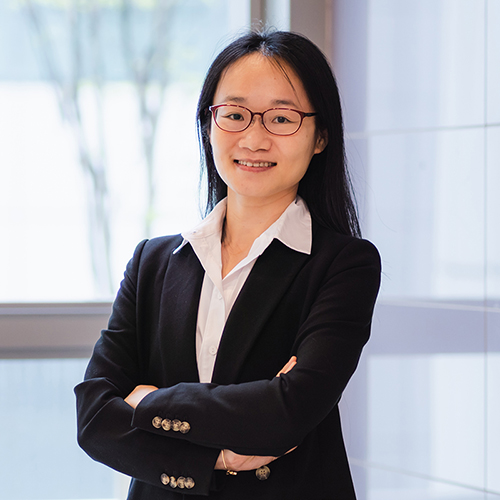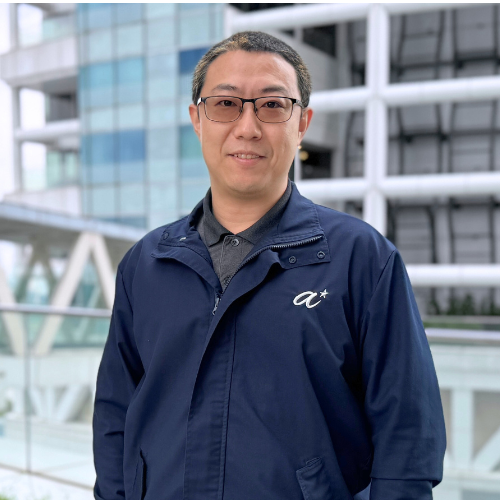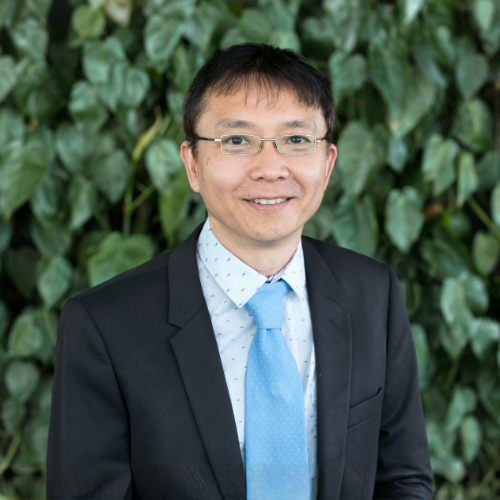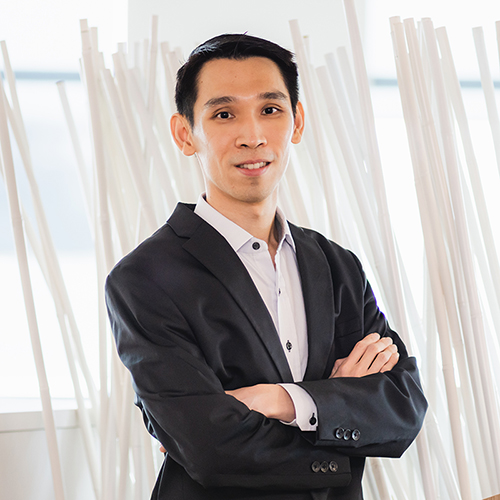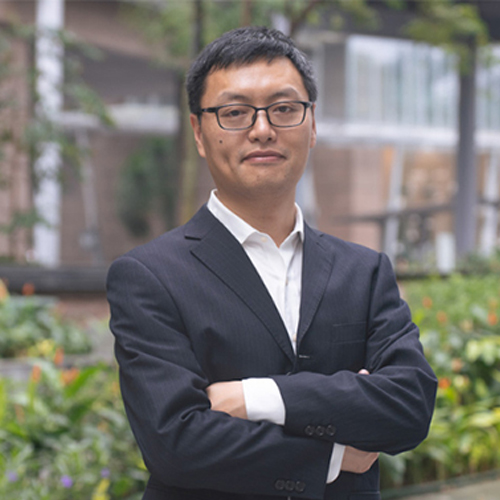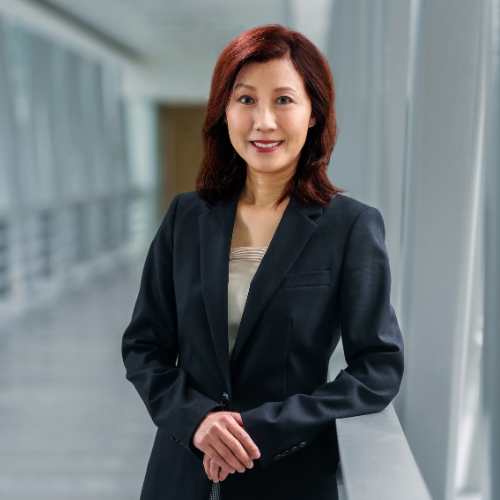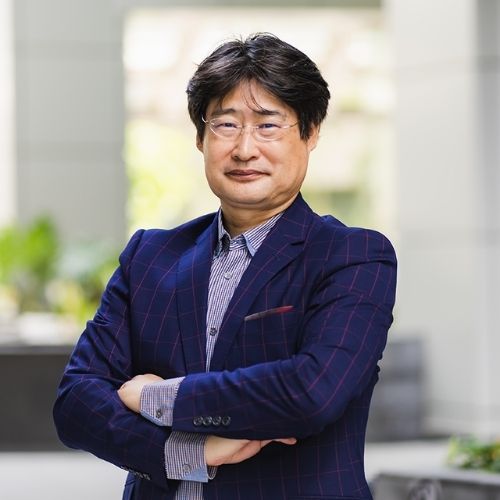A*STAR Researchers Named in Clarivate's 2025 Highly Cited Researchers™ List
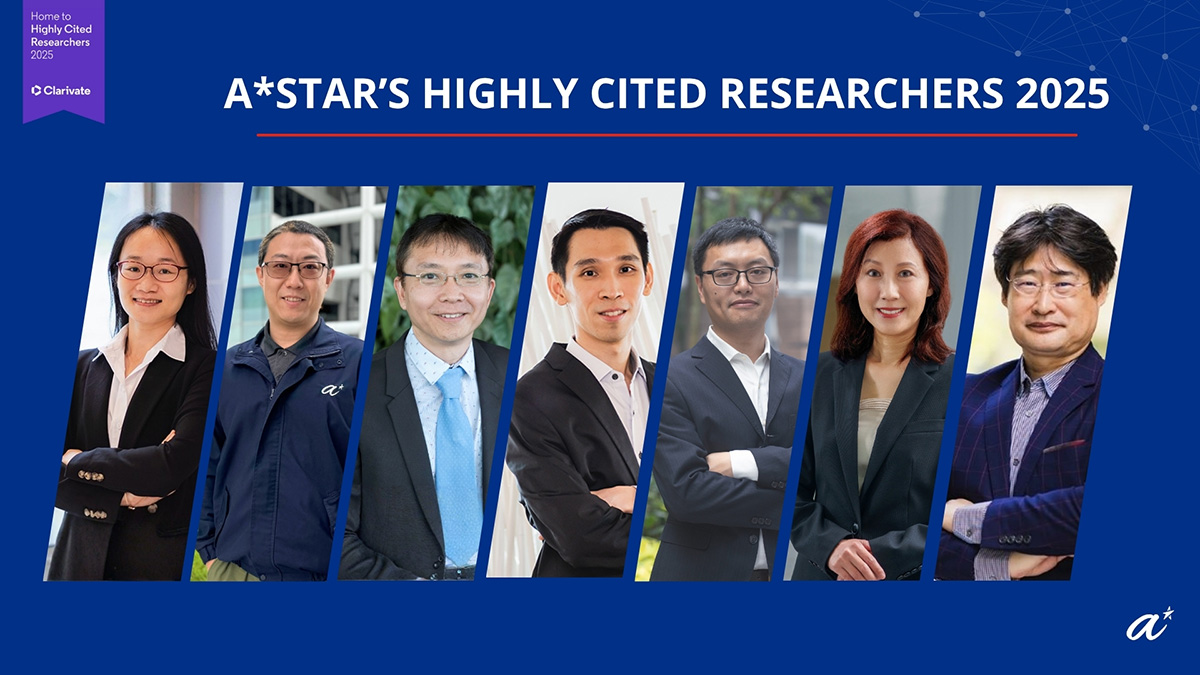
Since 2001, Clarivate has recognised the world's most influential scientists through its annual Highly Cited Researchers™ list, a global recognition of research excellence based on Web of Science™ data. This list highlights researchers whose publications rank among the top 1% most cited papers in their respective fields and years, reflecting their significant impact on advancing scientific understanding.
In 2025, 7 A*STAR researchers were recognised as among the most influential scientific minds in the world. Their contributions span diverse disciplines, driving innovation and addressing pressing global challenges. Discover how their passion, creativity, and dedication are advancing science and transforming lives.
- Dr Xi Shibo
- A*STAR's Institute of Sustainability for Chemicals, Energy and Environment (A*STAR ISCE2)
A*STAR celebrates International Women's Day

From groundbreaking discoveries to cutting-edge research, our researchers are empowering the next generation of female science, technology, engineering and mathematics (STEM) leaders.
Get inspired by our #WomeninSTEM

